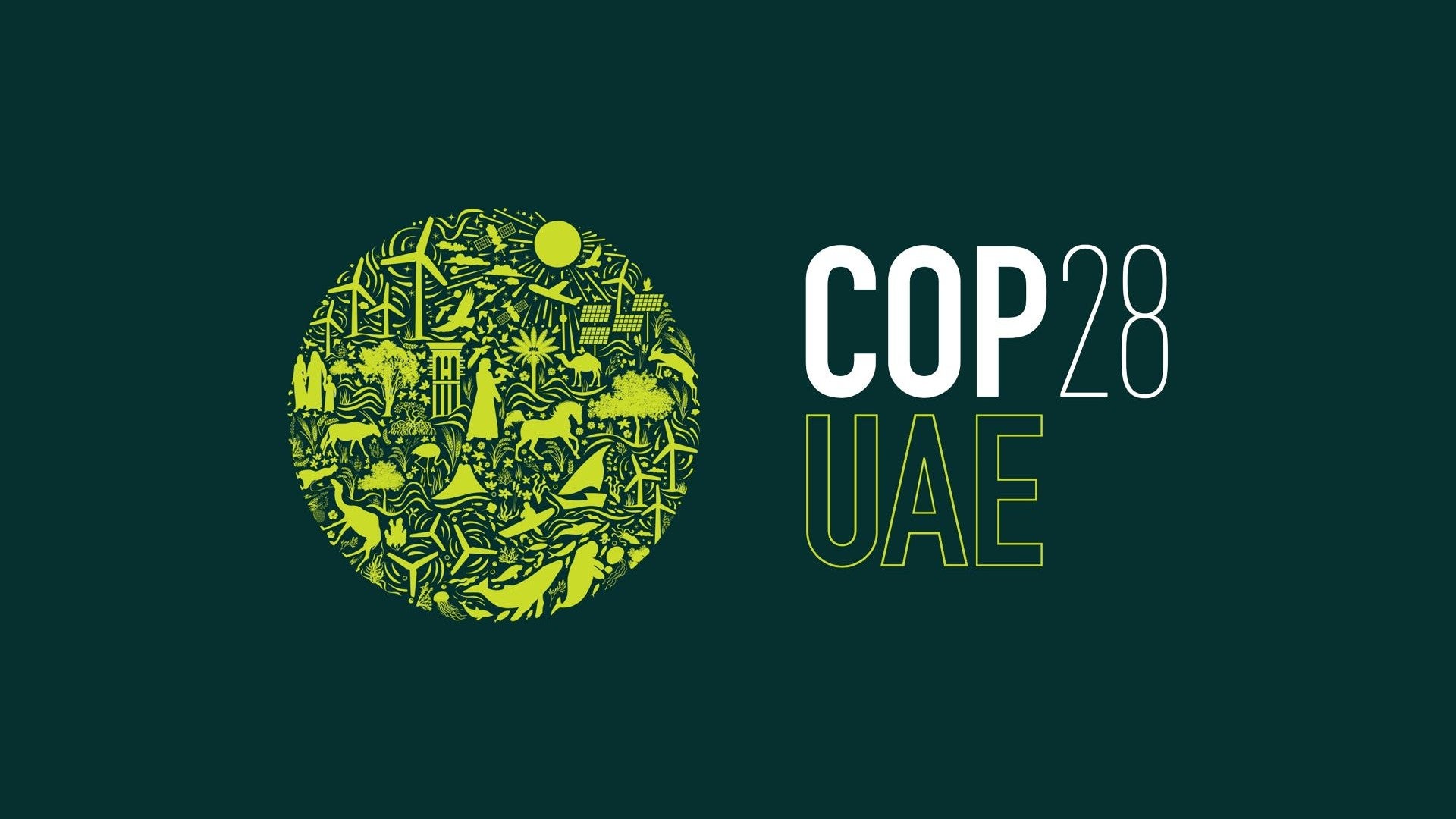
As the global community gears up for the upcoming COP28 climate summit in Dubai, all eyes are on China – the world’s second-largest economy and the largest emitter of greenhouse gases.
Western nations, led by Europe and the United States, are intensifying their efforts to push China to take more significant strides in combating climate change.
At the heart of the discussions at COP28 is a collective push by industrialised nations for China to abandon plans for new coal power plants. The plea is not only for environmental reasons but also to encourage China to play a more substantial role in climate finance.
Countries like the United States and those in the European Union are advocating for China to contribute more significantly to support developing nations in their transition to clean energy and in dealing with the adverse effects of climate change.
This push reflects a growing recognition of the interconnectedness of global climate action. The argument is that for real progress to be made, major economies like China need to lead by example, not only in reducing their emissions but also in actively supporting others in their efforts to do the same.
Developing nations’ concerns and China’s stand
However, this push is met with resistance from emerging economies, including China, Saudi Arabia, and South Africa.
A Western diplomat, speaking anonymously to Euractiv, highlights the concern that these nations fear they may be burdened with more significant commitments on reducing greenhouse gases and contributing to climate finance than in the past.
China, in particular, staunchly defends its classification as a developing country—a stance it has maintained since the inception of UN climate talks in 1995. Ambassador Fu Cong, China’s representative to the EU, underscores the challenges faced by China, citing a population of 1.4 billion and the complex issues of economic development, pollution prevention, and environmental protection.
Despite these difficulties, China asserts that it has met its obligations under the UN Convention on Climate Change, committing to peak emissions before 2030 and achieve carbon neutrality before 2060.
Fu emphasises the principle of Common But Differentiated Responsibilities (CBDR), established in 1992, arguing that developed countries bear a historical responsibility and should support developing nations in proportion to the actions they take.
“In this respect, developed economies should respond to the long-standing concerns of developing countries and deliver on their commitment by mobilising 100 billion US dollars every year before COP28,” Fu insists.
Don’t miss our coverage of COP28! Subscribe here for exclusive insights & analysis.The need for a global approach and China’s growing role
One key factor adding weight to China’s role in global climate action is its economic influence and position as a leading clean technology manufacturer.
The International Energy Agency (IEA) notes that China, along with advanced economies, is a major contributor to the significant increase in clean energy investments globally.
The current commitment by developed nations to the $100 billion Green Climate Fund, however, falls short. The US, expected to contribute nearly $40 billion annually, contributed only $1 billion in 2023, while the European Union’s promise to meet the $100 billion pledge in 2023 remains unfulfilled.
According to the UN, developing countries require at least $12 trillion by 2030 to meet their climate goals.
As the $100 billion commitment expires in 2025, there is a pressing need for a new climate finance architecture. China’s contribution becomes pivotal, given its economic strength and dominance in clean technology manufacturing.
Striking a balance for global success
As COP28 approaches, the international community faces the challenging task of finding common ground. While urging China to cease new coal projects and increase climate finance, Western nations must recognise China’s critical role in clean tech manufacturing.
Striking a balance between environmental goals and economic cooperation is essential, with the hope that COP28 will lead to a global green new deal rather than fostering a green trade war.
The summit’s success hinges on fostering collaboration, acknowledging diverse responsibilities, and ensuring a collective commitment to a sustainable future.



